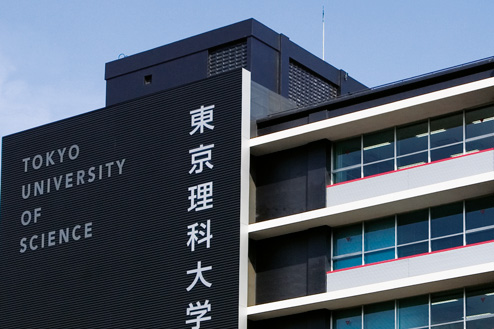Before You Arrive
So you’ve decided to give Tokyo a go. There are a few things you can do to ease into your new life in Japan before you even get on the plane.
• Visa: visit the Ministry of Foreign Affairs website (www.mofa.go.jp), which provides answers to most questions. To check the status of a visa application, call 03 5501 8431 on weekdays between 10:00 to 12:00 and 14:00 to 16:00 (Tokyo time). If you plan to arrive on a tourist visa and hope to find sponsorship and change your status of residence to allow you to work, bring all the documents you may need, including your university degree (not a copy).
• Passport: check it won’t be expiring anytime soon and has plenty of blank pages.
• Pets: pets must be quarantined before entering Japan, during which time the owner is responsible for all food and care. See www.maff-aqs.go.jp for details. Also note that many landlords refuse tenants with animals.
• International driving licence: apply for one in your home country before you leave. It allows you to drive for up to one year without having to apply for a Japanese one.
• Medicine: stock up on over-the-counter drugs and prescriptions (including items such as stronger fluoride toothpaste and birth control pills), as these may be hard to find.
• Electronics: Tokyo uses NTSC, 100 volts and 50hz, so leave behind anything that is 240 volts or PAL, or buy adaptors.
• Credit card: sign up for a card abroad, if only for emergency use, as Japanese banks are notoriously picky about who they lend to.
• Bank account: there’s no need to close bank accounts back home. In fact, keeping them open makes it easier to receive and remit money.
• Change of address: notify all relevant financial institutions, tax authorities, and the postal service of your new address.
• Phone: sign up for a voice-over-internet (VOIP) service before you leave, bring the modem and plug it into your internet connection once in Tokyo for international calls on the cheap.
• Dress appropriately: be prepared for hot and humid summers, crisp, sunny autumns and springs, chilly, dry winters, and 40 days of rain in June and July.
• Travel insurance: make sure to get it before you set off for Tokyo.
• Money: bring local currency. Plastic hasn’t gone mainstream yet, and you’ll need to be able to at least get into the city, and ATMs do not operate 24 hours.
• Visa: visit the Ministry of Foreign Affairs website (www.mofa.go.jp), which provides answers to most questions. To check the status of a visa application, call 03 5501 8431 on weekdays between 10:00 to 12:00 and 14:00 to 16:00 (Tokyo time). If you plan to arrive on a tourist visa and hope to find sponsorship and change your status of residence to allow you to work, bring all the documents you may need, including your university degree (not a copy).
• Passport: check it won’t be expiring anytime soon and has plenty of blank pages.
• Pets: pets must be quarantined before entering Japan, during which time the owner is responsible for all food and care. See www.maff-aqs.go.jp for details. Also note that many landlords refuse tenants with animals.
• International driving licence: apply for one in your home country before you leave. It allows you to drive for up to one year without having to apply for a Japanese one.
• Medicine: stock up on over-the-counter drugs and prescriptions (including items such as stronger fluoride toothpaste and birth control pills), as these may be hard to find.
• Electronics: Tokyo uses NTSC, 100 volts and 50hz, so leave behind anything that is 240 volts or PAL, or buy adaptors.
• Credit card: sign up for a card abroad, if only for emergency use, as Japanese banks are notoriously picky about who they lend to.
• Bank account: there’s no need to close bank accounts back home. In fact, keeping them open makes it easier to receive and remit money.
• Change of address: notify all relevant financial institutions, tax authorities, and the postal service of your new address.
• Phone: sign up for a voice-over-internet (VOIP) service before you leave, bring the modem and plug it into your internet connection once in Tokyo for international calls on the cheap.
• Dress appropriately: be prepared for hot and humid summers, crisp, sunny autumns and springs, chilly, dry winters, and 40 days of rain in June and July.
• Travel insurance: make sure to get it before you set off for Tokyo.
• Money: bring local currency. Plastic hasn’t gone mainstream yet, and you’ll need to be able to at least get into the city, and ATMs do not operate 24 hours.













